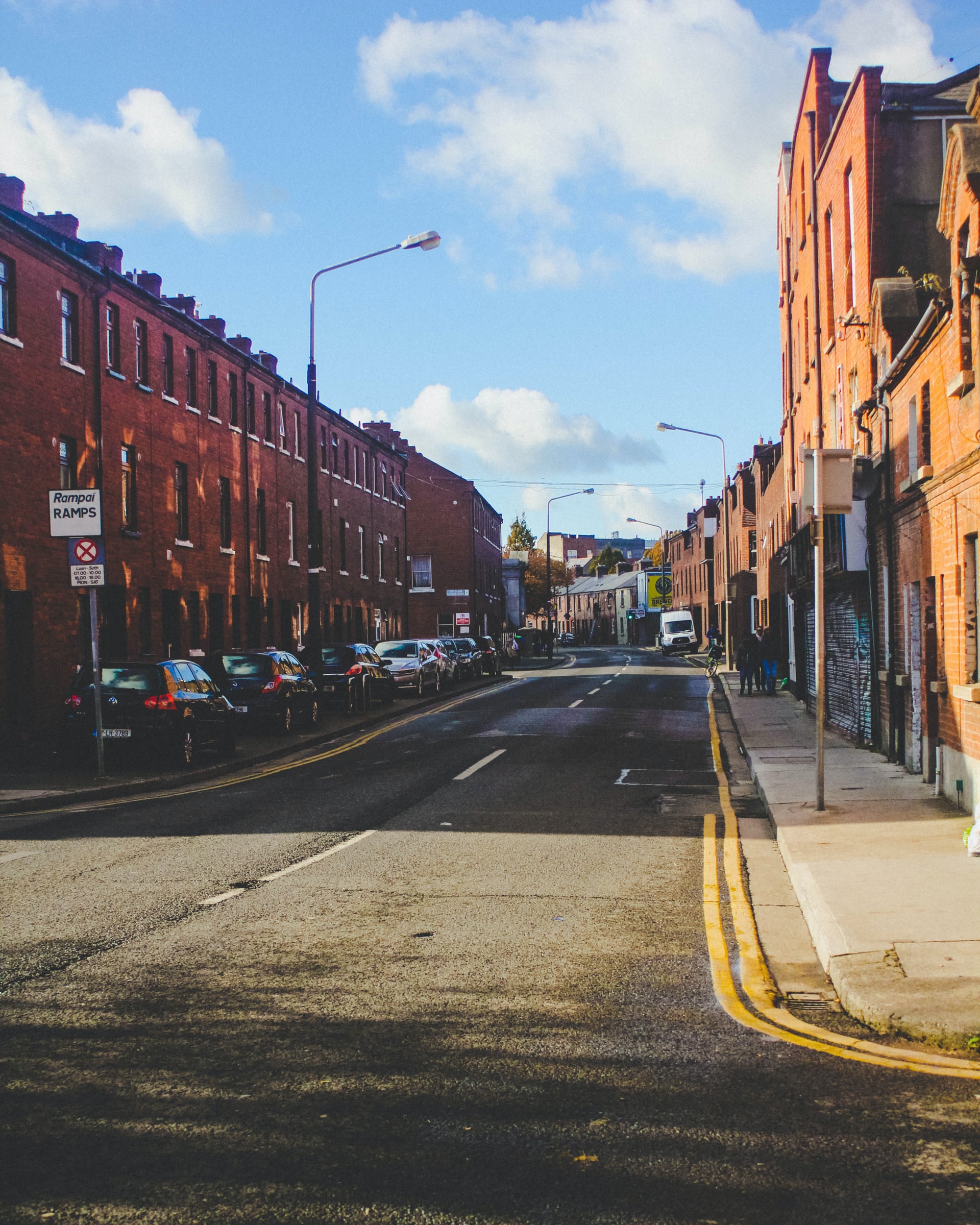Ireland’s marginalised communities lack representation in climate plans

A new study suggests Ireland’s poorest and most marginalised communities feel excluded from discussions and policy measures despite experiencing the burden of climate-related impacts.
The report known as Environmental Justice in Ireland discovered several barriers to poor and vulnerable community participation in vital decisions. Researchers from Dublin City University Centre for Climate and Society delivered a series of workshops with community members to measure the impact of climate change, environmental pollution and climate-related policies, such as carbon tax.
Report participants explained that communities feel excluded from environmental and planning decisions. People voiced their frustrations with consultation plans and how final decisions often ignore their concerns. According to the study, low-income, migrant and traveller communities struggle to participate, especially when many decisions finish in courts and incur considerably high legal costs.
The report authors, Sadhbh O’Neill and Dr Diarmuid Torney from Dublin City University, highlight that public participation in critical environmental and climate decisions is mandatory for everybody within the Aarhus Convention. The Aarhus Convention includes several measures for the public toward the environment. Groups must provide the necessary provisions to enable public authorities (at national, regional and local levels) to contribute toward these rights. The report suggests that rights are constrained in Ireland by a combination of the insertion of fees for making submissions, the considerable legal costs and the need to engage on online platforms.
The report will be promoted by Joe O’Brien, the Green Minister of State for Community Development and presented in a series of infographics on environmental justice, focusing on schools and other community groups.
The study discovered that up until now, there was no national study focusing on data and environmental quality in disadvantaged or marginalised areas. Through a series of workshops, researchers found a correlation between areas with poorer air and water quality and higher social disadvantages. The report suggests that socio-economic disadvantages make some communities more vulnerable to the challenges of environmental pollution and often lack the necessary plans intended to tackle the problem.
One area where environmental pollution and climate policy impacts vulnerable communities is energy poverty, with things like carbon taxes adding to the cost of fossil fuel heating. The report suggests that energy poverty plans must support low-income groups, whether the housing is rental, privately owned or social, with financial support and other retrofitting measures.
The authors also discovered that further research on how air pollution affects communities is required. The Environmental Protection Agency suggests that 1,300 deaths are caused by the impact of air pollution every year in Ireland. The report explains that while studies indicate the link between hospital admissions and air pollution exposure in selected disadvantaged areas of Dublin, little information is available on the impacts of poor air quality on younger age groups. Environmental challenges like air pollution, poor water quality and illegal waste disposal impact some communities more than others. Climate risks such as flooding could potentially create further uneven impacts across Ireland.
The report indicates that flood damage disproportionally impacts low-income groups, especially families with dependent children and the elderly. The authors highlight the views of communities as something that policymakers are not considering when creating new policies. They recommend further improvements towards data collection and overall access to environmental justice. The report believes increased community engagement and a clear legal framework with a decisive plan for environmental justice are critical to delivering the necessary changes.
All News
